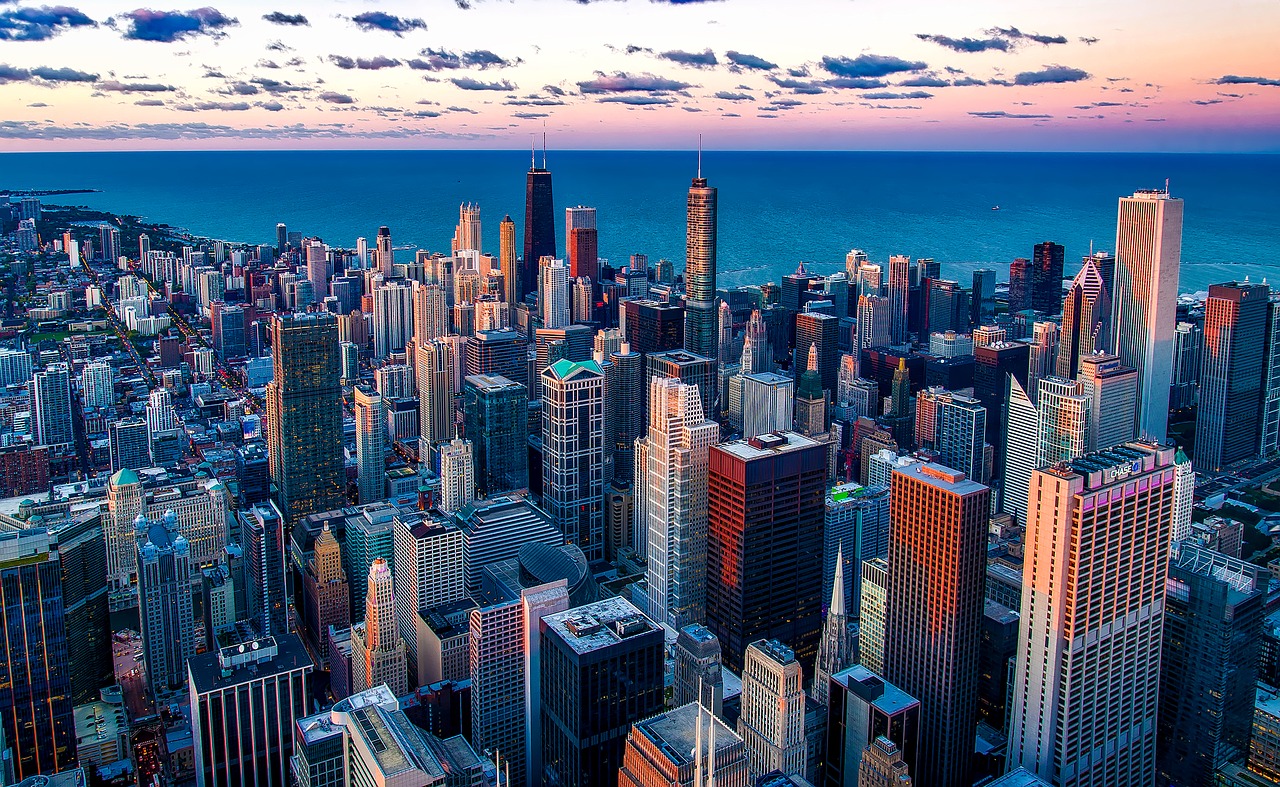Last Sunday evening, the Senate voted to discontinue debates that would have been the final step in passing the massive $1.2 trillion infrastructure bill. Named “Infrastructure Investment and Jobs Act” the final voting to pass the bill took place today (Tuesday); resulting in the approval of Biden’s proposed bill to rebuild the aging and crumbling roads and bridges of the nation.
The approved bill only includes funding for the first phase of Biden’s infrastructure plan. The second phase is yet to pass by way of the reconciliation procedure process. It aims to rebuild and reshape the country’s social programs, which includes Medicare expansion and universal pre-K programs. Since Republicans are strongly opposed to these objectives, Democrats will use the budget reconciliation voting process, as it does not require the filibuster 60-vote rule to merit Senate approval.
While last Sunday’s voting to end the debate won with 18 GOP senators agreeing with all 50 Democrats, the votes to approve the bill this Tuesday tallied at 69 in favor of the bill. Minor Leader, Kentucky Senator Mitch McConnell joined his 18 colleagues by voting in favor of the bill.
After ending the debates last Sunday, Senate Majority Leader Chuck Schumer, voiced hopes that the Republican Senators will continue to give their cooperation when final voting takes place on Tuesday. Although some of the 18 Republican senators sent mixed signals about their support for the bill’s passing, all’s well and has ended well, after the bill garnered a total 69 bipartisan votes of approval.
Key Features of the “Infrastructure Investment and Jobs Act”
The infrastructure package includes $550 billion that will be part of new annual federal spending budgets for the next five years, and is distributed among different sectors. Majority of the money will be invested in the following specific projects:
- $110 billion toward bridges, roads, and other major projects;
- $66 billion on freight and passenger rail;
- $65 billion each for expanding broadband Internet access and rebuilding the electric grid;
- $55 billion for water infrastructure, in which $15 billion will be used to replace lead pipes, and
- $39 billion for expanding and modernizing transit systems.


